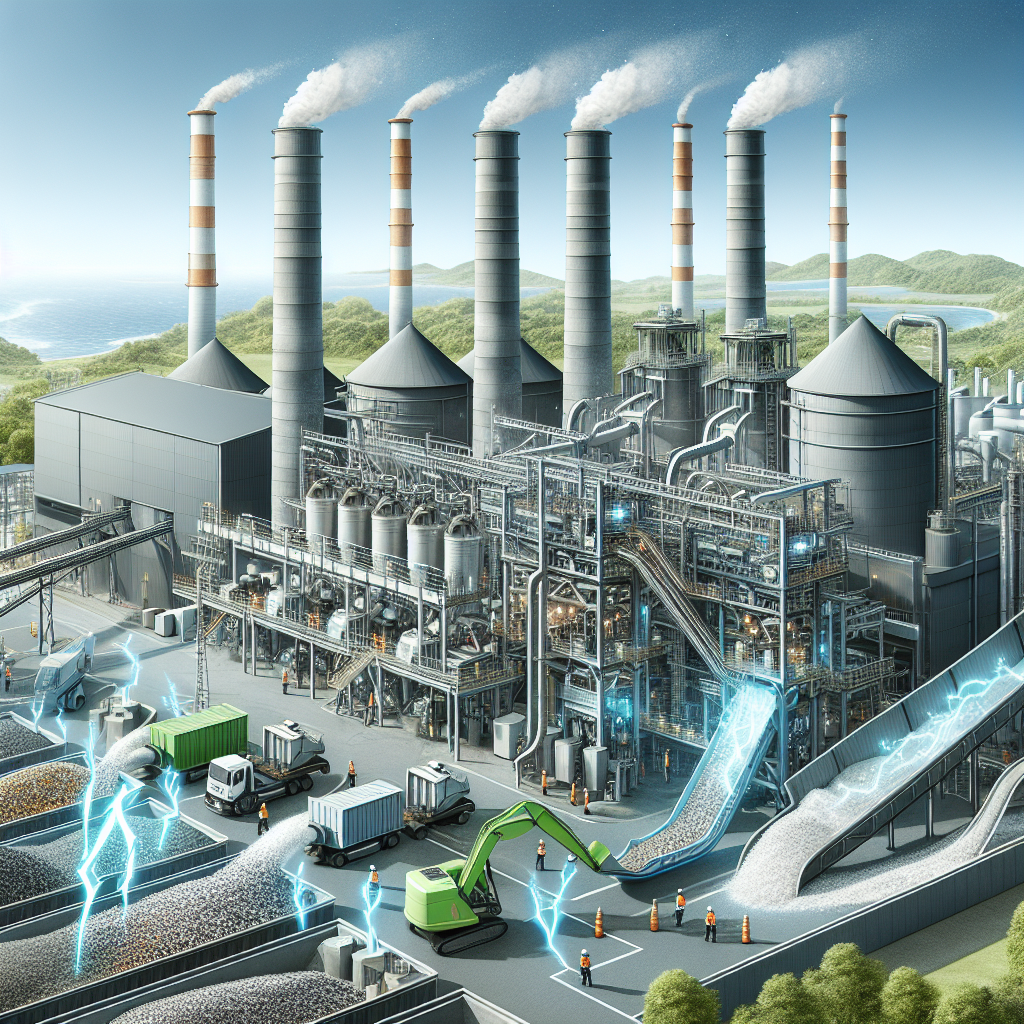Marcos Orellana, the UN Special Rapporteur on toxics and human rights, has called on nations to address the gendered injustices arising from exposure to hazardous substances and waste, which disproportionately affect women, girls, and marginalized groups. Presenting his latest report to the UN General Assembly, Orellana stressed the need for stronger national and international regulations to combat the devastating impact of toxic chemicals on human rights, particularly reproductive health.
Orellana pointed out that the petrochemical, extractive, and agricultural industries are primary contributors to the release of hazardous substances, leading to serious health risks for women and girls due to both biological vulnerabilities and societal factors. He highlighted reproductive health as particularly sensitive to toxic exposures, warning of grave consequences such as infertility, miscarriage, cancers, metabolic disorders, and low birth weights.
The Special Rapporteur emphasized that toxic exposures during pregnancy not only harm the individual and the fetus but can also have intergenerational impacts, threatening the health of future generations. Orellana called for a reproductive justice approach to tackling this issue, linking reproductive rights to social, racial, and economic inequities that exacerbate health disparities.
Orellana’s report also criticized the practice of shifting the responsibility of avoiding toxic exposure to vulnerable groups, which often lack access to adequate information and resources. He urged governments to strengthen regulations that prevent harmful chemicals from entering the environment and affecting human health. Without robust legal protections and preventive measures, he warned, the global toxic tide will continue to disproportionately harm marginalized communities, particularly women.
Scientists and communities have been raising alarms about the harmful effects of hazardous chemicals for decades, but Orellana's report underscores that a human rights-based approach is crucial to combatting these gendered harms. His recommendations focus on both the immediate need for regulatory reform and the broader social inequities that exacerbate the risks faced by women, girls, and marginalized groups due to toxic exposure.
Preventing toxic exposures, Orellana argued, would significantly improve maternal and newborn health outcomes, contributing to a cleaner, healthier, and more sustainable environment for all.











